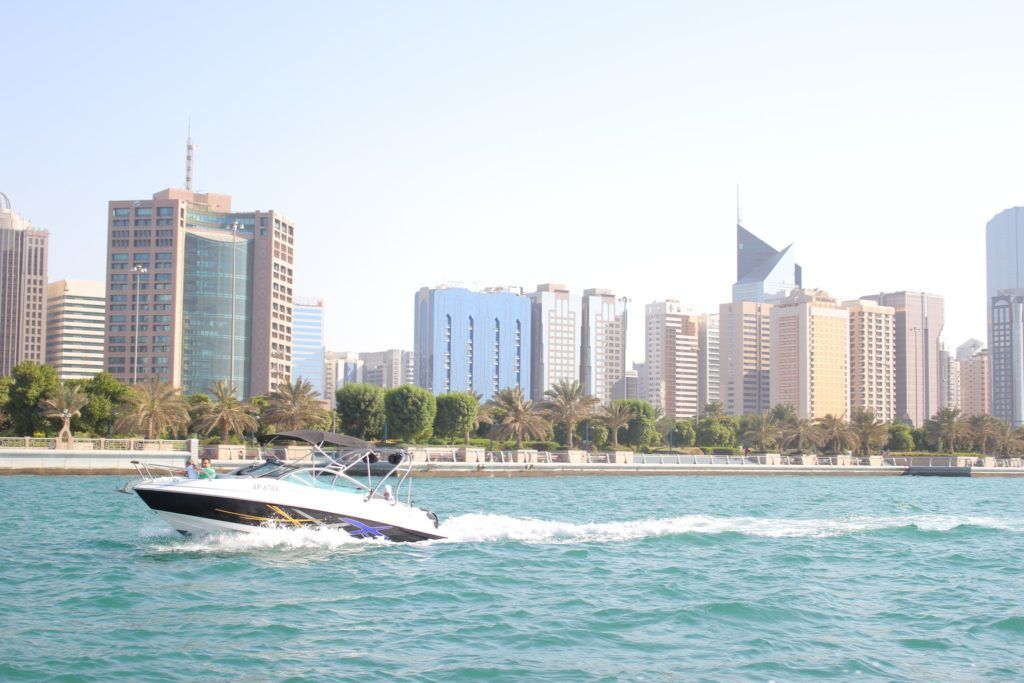Dubai and Abu Dhabi are year-round attractions, with sunshine and mild weather nearly guaranteed. However, there is one season in the region that is distinct from the rest of the year, and that is the month of Ramadan. A tour to Abu Dhabi during Ramadan is not only a fantastic and inexpensive time to travel, but also a really special time to appreciate.
Are you planning to visit Dubai and Abu Dhabi during Ramadan? Here’s everything you need to know.
What Is Ramadan?
The Muslim religion observes Ramadan, which is a spiritual month. During the month of Ramadan, Muslims fast from sunrise until sunset, abstaining from eating, drinking, and smoking. Locals break their fast with a meal called iftar after the sun sets, and they eat again before sunrise with a supper called suhoor.
When Does It Happen?
Ramadan occurs in the Muslim calendar’s ninth month, which is governed by the moon. Therefore, Ramadan changes from year to year. There is no fixed date as it is dependent on the moon sightings.
Rules You Need To Abide By
You are not required to fast while visiting Abu Dhabi or Dubai during Ramadan, but you must be considerate of those who do. Consider this: if you were fasting for a month, the last thing you’d want to see is a group of tourists eating burgers and drinking beer right in front of you.
It is therefore forbidden to eat or drink in public. Some places are more relaxed than others, although most restaurants will be closed throughout the day, while most hotels will have private dining spaces available for breakfast and lunch. Alcohol is not served until after the sun has set.
What To Wear During Ramadan?
It’s also a good idea to dress modestly in public during this holy month. Summer clothes are OK to wear in your hotel or around the pool. If you’re going shopping or to a tourist destination, you should cover your shoulders and knees out of respect.
Attractions Still Remain Open To The Public
Despite the fact that most locals work fewer hours during Ramadan, the tourism industry continues to operate normally, which means local tours and sites remain open. Food markets, such as Abu Dhabi’s date market, are also open during the day, so you’ll have a lot to see during your visit.
The only places that have shortened hours are the local mosques, which are usually open to the public in the morning but close in the evening. If you have the opportunity, we strongly advise you to attend one of the city’s mosques during Ramadan to understand more about the holy month and Islam in general.
The City Comes Alive When The Sunsets
Locals can break their fast as soon as the sun sets, and they can do it in style with iftar. Most hotels have an iftar buffet, which is usually served in an outside tent and is open to all visitors.
Most iftar buffets will feature classic meals like harees, which is mashed wheat accompanied with meat. Restaurants serve spectacular dishes of desserts, like baklava and sweet dates, as part of the iftar meal. In recent years, trendy restaurants serving everything from sushi to Peruvian cuisine have begun to provide iftar buffets, making now an excellent time to dine in the city, whatever cuisine you choose.
Final Words
So, these are the things you need to know before you visit Dubai and Abu Dhabi in the month of Ramadan.
Consider our services if you’re looking for the best tour agency for your Abu Dhabi city tour. The goals of Desert Evening Safari are to meet the needs and demands of our customers, and we strive to provide maximum convenience to each one.

